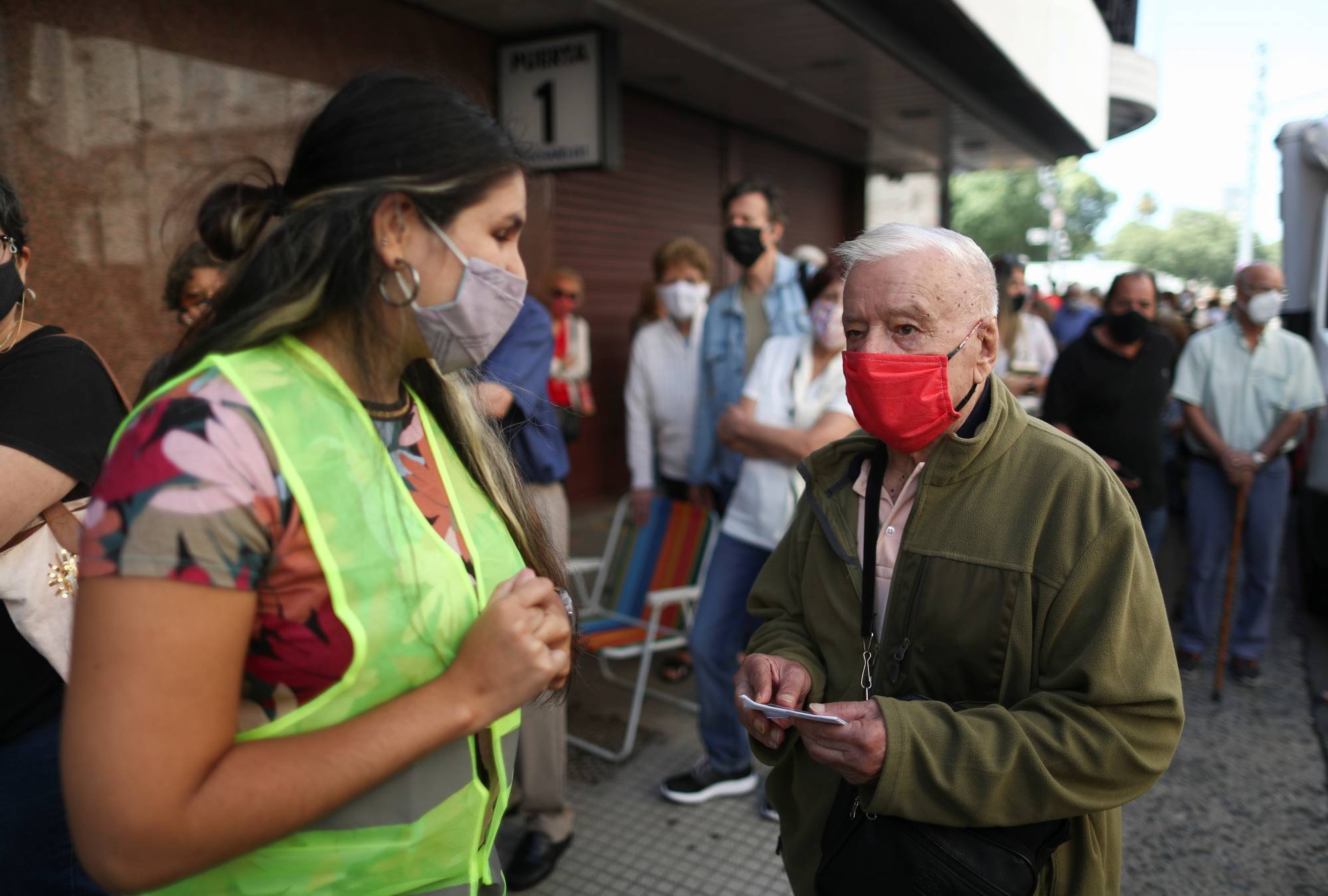The COVID-19 pandemic may have slowed the global economy in 2020, but the “care economy” was working harder than ever.
For too long, economists and policymakers have ignored this segment. Economic models account for the goods and services sold in the market and the workers who produce them, earn income and pay taxes. But the labor that enables those workers to be fed, cared for as children and supported when sick is nearly invisible in official data.
The reason is simple: much of the work in the care economy is not financially compensated. Unpaid work is not included in the System of National Accounts or gross domestic product. The economists who crafted these metrics focused mainly on the value of market transactions. This perspective, which ignores unpaid contributions, has long been institutionalized in conventional economic analysis. The pandemic has made its shortcomings impossible to ignore any longer.

















With your current subscription plan you can comment on stories. However, before writing your first comment, please create a display name in the Profile section of your subscriber account page.